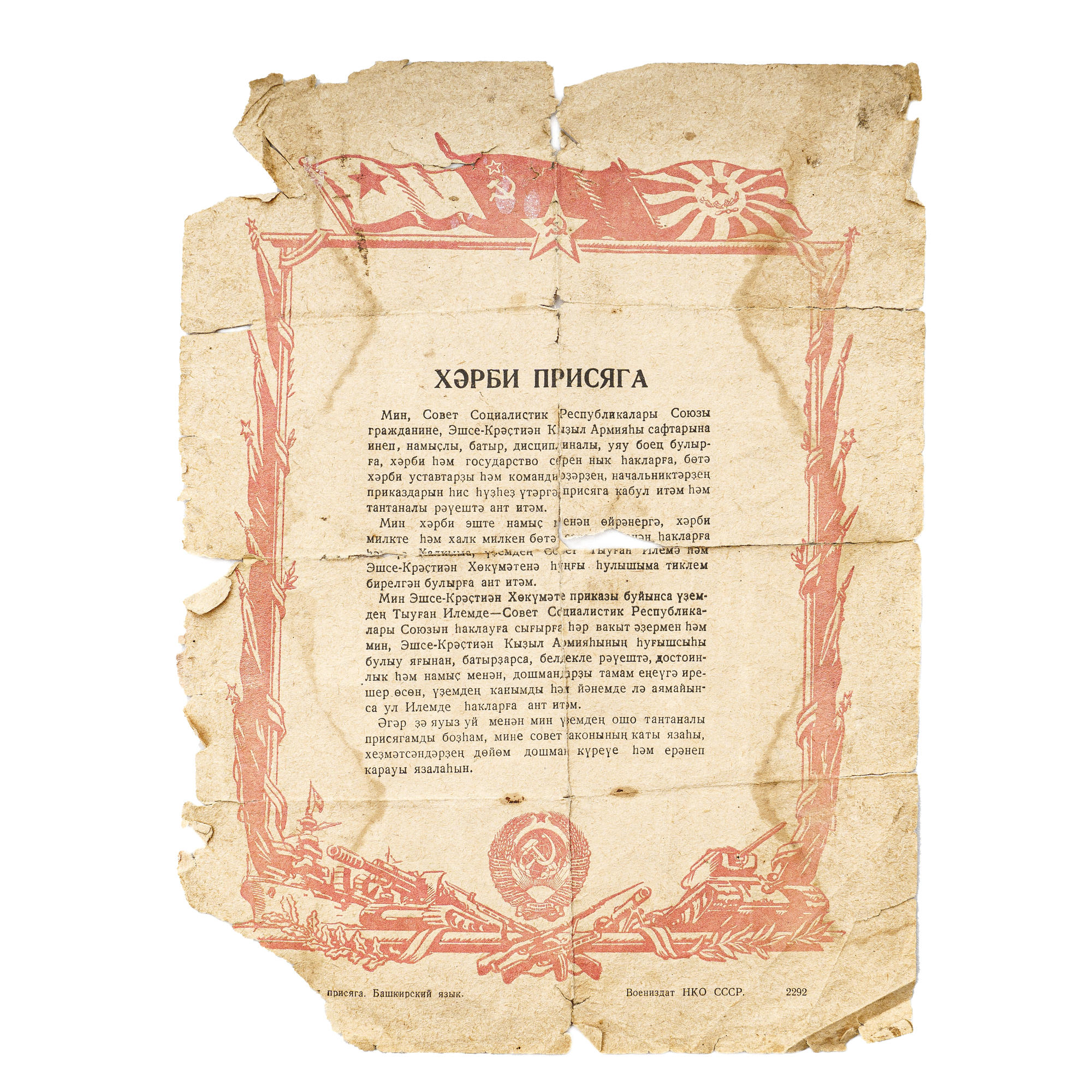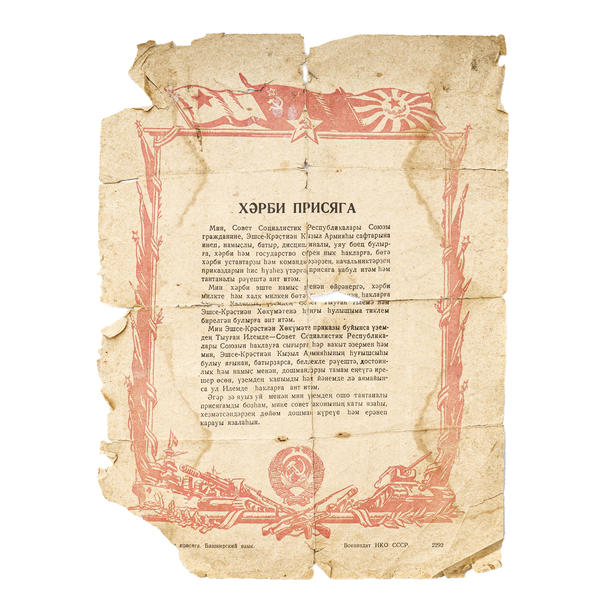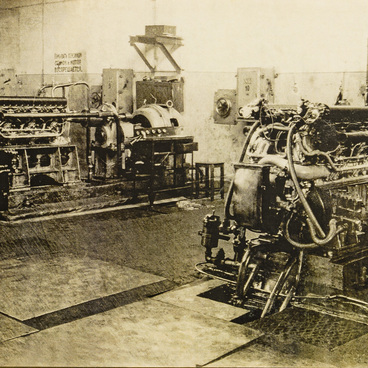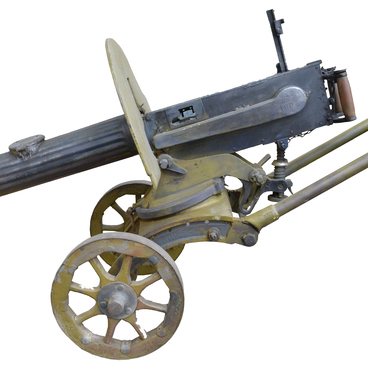The Soviet Union was a multinational state, which had an effect on the principle of manning military units. The tradition to staff small and large units with people of the same nationality existed even before the revolution and during the Great Patriotic War this approach was fully justified.
National military units usually had their own names, they could be small or large, from a platoon to a division. Regular officers for such units were trained at special educational institutions where one of the subjects was culture and traditions of a certain nationality. It is noteworthy that in peacetime soldiers from national units served at the place of residence. This principle in the post-war Soviet Union was not adhered to but later it was restored since the national military units proved to be effective.
Nevertheless, in the 30-s such formations were disbanded since the process of destroying the authentic culture of peoples included into the USSR was underway. Ukrainian, Byelorussian, Baltic units were disbanded. By 1938 not more than 2% of Soviet servicemen served in national military units, and later a unit manning procedure was approved in which the nationality factor was disregarded. Vice versa, conscripts were sent to serve beyond the boundaries of the region where they were born and grew up.
The Government of the USSR relinquished that principle before the war: the Finnish campaign showed how important it was to have a cohesive army even if it is united by the language, traditions and culture and not by the ideas of building communism. For this reason as early as August 1941 manning of national military units was resumed by decision of the State Defence Committee.
Thus, in December 1941 there appeared the 112th guards Bashkir Cavalry division awarded with the Order of Lenin, Red Banner, Orders of Suvorov and Kutuzov. To create it, officers of the Bashkir and Tatar nationality were specially recalled from the front to form personnel in the Bashkir ASSR. Specifically for them the Military Publishing House of the USSR People’s Commissariat of Defence issued an oath of allegiance in the Bashkir language in 1941. The oath of allegiance in the native language had a deep hidden meaning and special significance for the servicemen: strict words of the oath hid love for one’s Motherland, native land, family and, of course, a burning desire to take vengeance on the enemy.
National military units usually had their own names, they could be small or large, from a platoon to a division. Regular officers for such units were trained at special educational institutions where one of the subjects was culture and traditions of a certain nationality. It is noteworthy that in peacetime soldiers from national units served at the place of residence. This principle in the post-war Soviet Union was not adhered to but later it was restored since the national military units proved to be effective.
Nevertheless, in the 30-s such formations were disbanded since the process of destroying the authentic culture of peoples included into the USSR was underway. Ukrainian, Byelorussian, Baltic units were disbanded. By 1938 not more than 2% of Soviet servicemen served in national military units, and later a unit manning procedure was approved in which the nationality factor was disregarded. Vice versa, conscripts were sent to serve beyond the boundaries of the region where they were born and grew up.
The Government of the USSR relinquished that principle before the war: the Finnish campaign showed how important it was to have a cohesive army even if it is united by the language, traditions and culture and not by the ideas of building communism. For this reason as early as August 1941 manning of national military units was resumed by decision of the State Defence Committee.
Thus, in December 1941 there appeared the 112th guards Bashkir Cavalry division awarded with the Order of Lenin, Red Banner, Orders of Suvorov and Kutuzov. To create it, officers of the Bashkir and Tatar nationality were specially recalled from the front to form personnel in the Bashkir ASSR. Specifically for them the Military Publishing House of the USSR People’s Commissariat of Defence issued an oath of allegiance in the Bashkir language in 1941. The oath of allegiance in the native language had a deep hidden meaning and special significance for the servicemen: strict words of the oath hid love for one’s Motherland, native land, family and, of course, a burning desire to take vengeance on the enemy.



